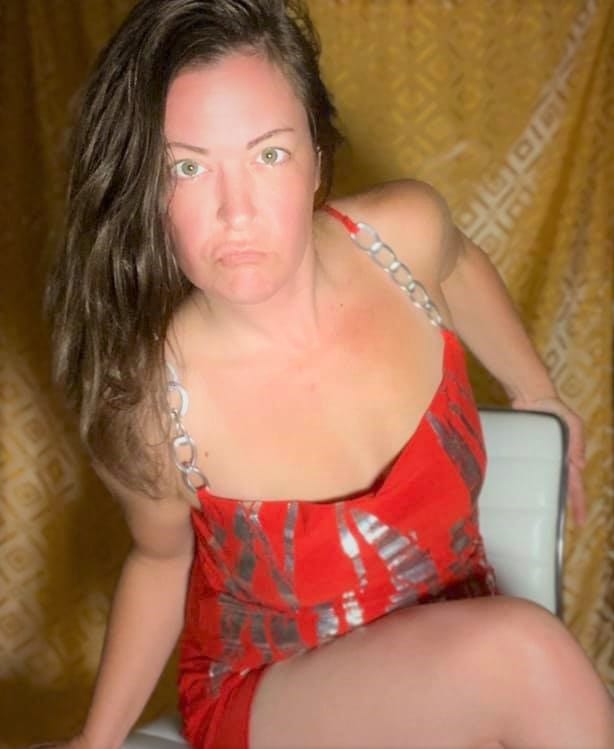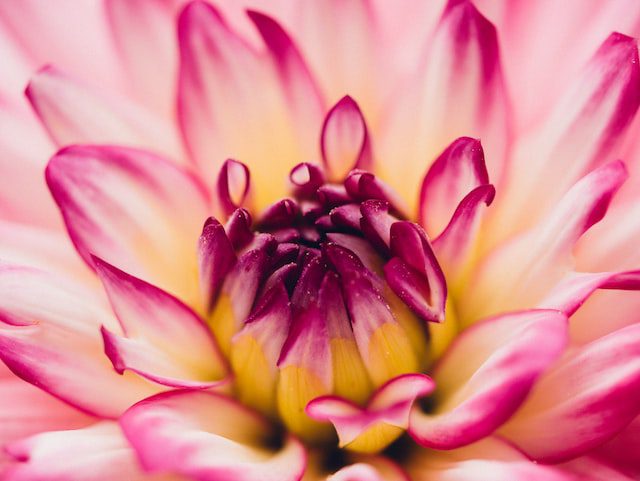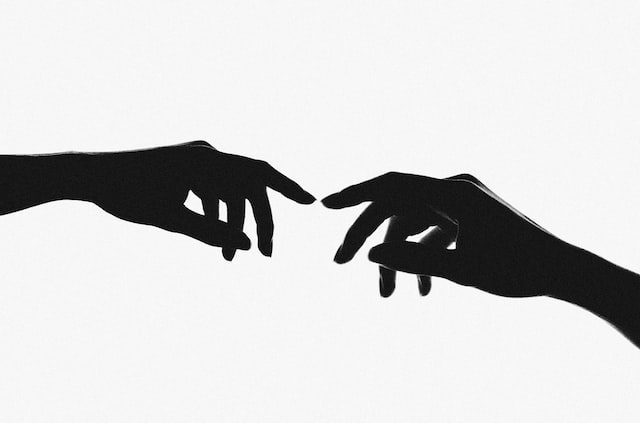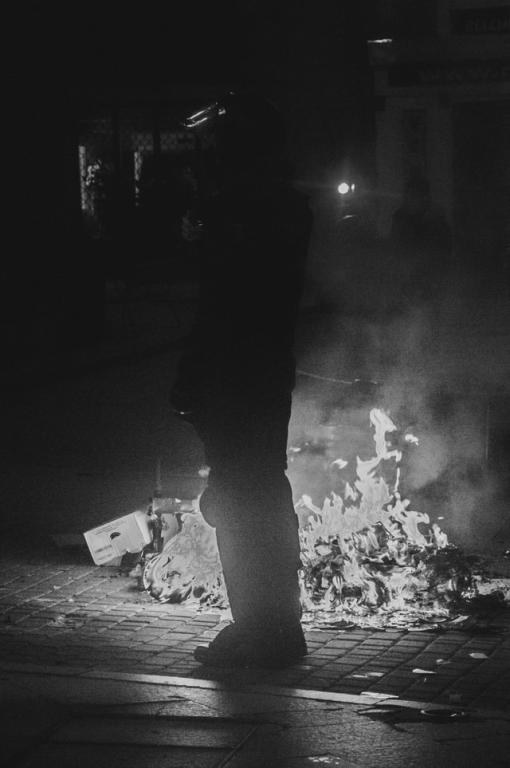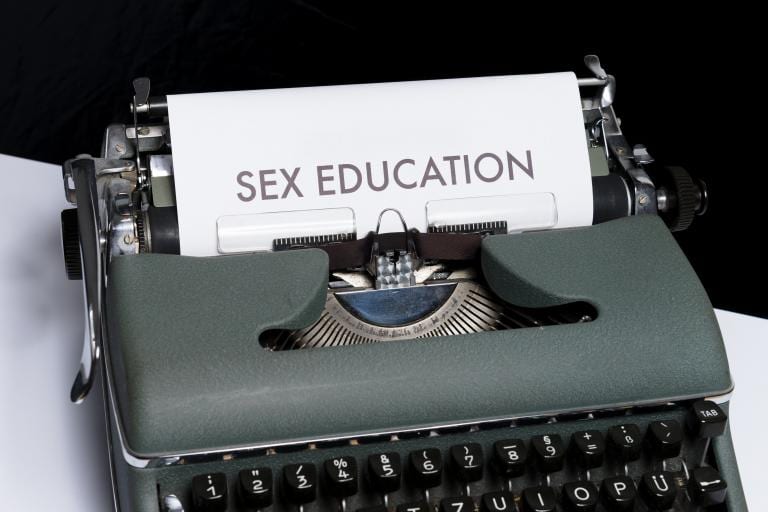
Many people believe there is no use for the erotic except for within the confines of a bedroom, between two married adults, one female, and one male. Initially, and perhaps intentionally, society confined the erotic behind limited layers of constructs that help encourage calm amidst the chaos of life. Rather than ask why this was done, most simply accept the constructs with no real pushback.
Outside the realm of status quo, where diversity of thought and opinion roam free, there lies another set of people that reject conformity and search for a higher meaning of the erotic; seekers unafraid to stumble upon more mystery and pleasure than they thought imaginable. Of those seekers, Audre Lorde led the charge in unveiling the fullness of eroticism and seeing it for what it truly is: power and information.
In an attempt to protect and shield the innocent from the manipulation of sex, we quietly shoved the erotic under a rug and trip over it every so often when a sex scandal clogs the headlines. We relate anything sexual and out of the ordinary to perversion, depravity, and immorality without so much as a second thought to what we could learn from the revelation. If it involves sexual activities outside of the duo dynamic—if it includes a nonmonogamous event— we quickly attribute it to mental dysfunction. We would much rather believe that normal, healthy people do not engage in activities like this.
Even the mention of the word “erotic” conjures misplaced and misnamed attributes, conflating its relation to pornographic. Audre Lorde corrects this misapplication bluntly in her essay “Uses of the Erotic.”
“The erotic has often been misnamed by men and used against women. It has been made into the confused, the trivial, the plasticized sensation. For this reason, we have often turned away from the exploration and consideration of the erotic as a source of power and information, confusing it with its opposite, the pornographic. But pornography is a direct denial of the power of the erotic, for it represents the suppression of true feeling. Pornography emphasizes sensation without feeling.”
Lorde’s distinction between the erotic and the pornographic is worthy of not only considering but implementing as the way we discern the two going forward. The erotic is a source of power and information, plus sensation and feeling. The pornographic is a denial of that power and suppression of feeling. It’s purely physical and aesthetic.
The separation followed by the distortion of the erotic has created the perfect environment for us to live in complacency with this form of compartmentalization. The danger in the compartmentalization of the erotic is that we use varying weights to measure not only ourselves but others. We end up limiting the amount of joy and pleasure we can experience by weighing it down with burdensome labels, effectively perpetuating the same elimination of feeling and rejection of power as pornography.
The embodiment of the erotic offers us a glimpse into the purpose of our life endeavors. The erotic lens reveals to us that gratification can be felt and expressed in the form of pleasure in all that we do, not just copulation. Somewhere in history, we fell for the false dichotomy that we can only have pleasure or production, but not both. And so, we sacrificed pleasure and passion to pursue property and allow productivity to define our worth. What would the world look like if we knew that we can both be passionate about what is right and dignified while also producing what humanity needs? “This,” Lorde says, “is one reason why the erotic is so feared, and so often relegated to the bedroom alone, when it is recognized at all.” She continues.
“For once we begin to feel deeply all the aspects of our lives, we begin to demand from ourselves and from our life-pursuits that they feel in accordance with that joy which we know ourselves to be capable of. Our erotic knowledge empowers us, becomes a lens through which we scrutinize all aspects of our existence, forcing us to evaluate those aspects honestly in terms of their relative meaning within our lives. And this is a grave responsibility, projected from within each of us, not to settle for the convenient, the shoddy, the conventionally expected, nor the merely safe.” (Sister Outsider: Essays and Speeches, 57)
The erotic has been exterminated from daily life and separated from spirituality, save for a few negotiations based on biblical authority. Yet the energy of eroticism lingers within, waiting for us to embrace it and integrate it into every aspect of our lives. We only need to say Yes to the erotic to invite it in.
Fear and hesitation await us in that decision. Lorde knows this all too well.
“We have been raised to fear the yes within ourselves, our deepest cravings. But, once recognized, those which do not enhance our future lose their power and can be altered. The fear of our desires keeps them suspect and indiscriminately powerful, for to suppress any truth is to give it strength beyond endurance. The fear that we cannot grow beyond whatever distortions we may find within ourselves keeps us docile and loyal and obedient, externally defined, and leads us to accept many facets of our oppression as women.” (Sister Outsider: Essays and Speeches, 57-58)
The blunt and brutal truth is that we do mostly live outside ourselves. We ignore the voices, urges, and desires from within because we fear what others would say if we lived them out loud. I shrink at the thought of Jesus being too afraid to act out his desires to wash the disciples’ feet, a truly erotic and intimate act of connection and love.
The ultimate stumbling block is rejecting the erotic or limiting the erotic by keeping it veiled behind velvet curtains. Within the erotic, where feeling and sensation work in harmony, we take Other from object to subject.
“When we look away from the importance of the erotic in the development and sustenance of our power, or when we look away from ourselves as we satisfy our erotic needs in concert with others, we use each other as objects of satisfaction rather than share our joy in the satisfying, rather than make connection with our similarities and our differences. To refuse to be conscious of what we are feeling at any time, however comfortable that might seem, is to deny a large part of the experience, and to allow ourselves to be reduced to the pornographic, the abused, the absurd.” (Sister Outsider: Essays and Speeches, 59)
Once we recognize the power of the erotic, we can change the world.
Are you ready to start?

